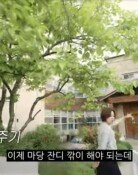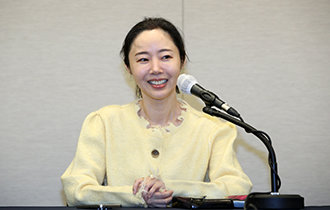[Editorial] Statistical Misuse
Lee Chang-ho, the deputy minister of the Fiscal Strategy Office at the Ministry of Planning and Budget, said on his ministrys website, Under criminal law, producing and selling fake luxury goods and liquor is fraud. But manipulating national statistics and disrupting the basic order of the nations economy in the process is an even greater problem.
This is so true. Lee was referring to a recent news article on the statistics of fiscal expenditure. But how does the rest of the government feel about this issue?
President Roh Moo-hyun said, As the upper 20 percent of the tax payers pay 90 percent of the income tax, the other 80 percent will lose nothing with a tax increase. But his remarks did not reflect the demographic fact that most of the upper 20 percent of income tax payers are the middle-aged who are supporting aged parents and young children. Therefore, the 80 percent would surely be affected by an increase in income taxes.
But this is not an isolated case. He said 60 percent of the students of Seoul National University are from Gangnam, the southern part of Seoul, after wrongly interpreting statistics on 56 students who were admitted through a special quota for overseas Koreans. Can we say this has nothing to do with what Lee called an attempt to disrupt the national order which is equivalent to issuing fake money?
The Ministry of Government Administration and Home Affairs was asked to rectify its statistics by Korea National Statistical Office after announcing that 45 percent of all households in Korea do not own their own houses, and that the national housing distribution rate is 73 percent. The ministry also got a warning after releasing another statistic that the top 1 percent of Koreans own 51.5 percent of all private land by exaggerating the concentration rate of housing ownership by calculating the figure on a per capita basis, including minors, instead of on a per household basis.
Policies based on distorted statistics will not work. A case in point is the current governments real estate policy which has sparked housing price hikes in Gangnam by distorting the supply-demand order in the real estate market. Its policies on education and taxation also have undermined the national competitiveness rather than helping the ordinary citizens. Such wrong guided policies would only wide the division among the public and the social cost for narrowing the gap would only ever increase.
In fact, the current controversy over the fiscal expenditure statistics was caused by the government itself. The Ministry of Planning and Budget made it clear in its report to the President in last April that the scope of its fiscal affairs would cover the central and local governments and state-run companies as a whole. However, when a newspaper criticized the government for not being fiscally responsible, calculating the government expenditure based on this new scope, Minister Byeon Yang-kyoon of Planning and Budget said that he would deal with the news article employing all possible legal actions, a sheer act of a contradiction.







